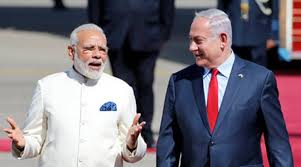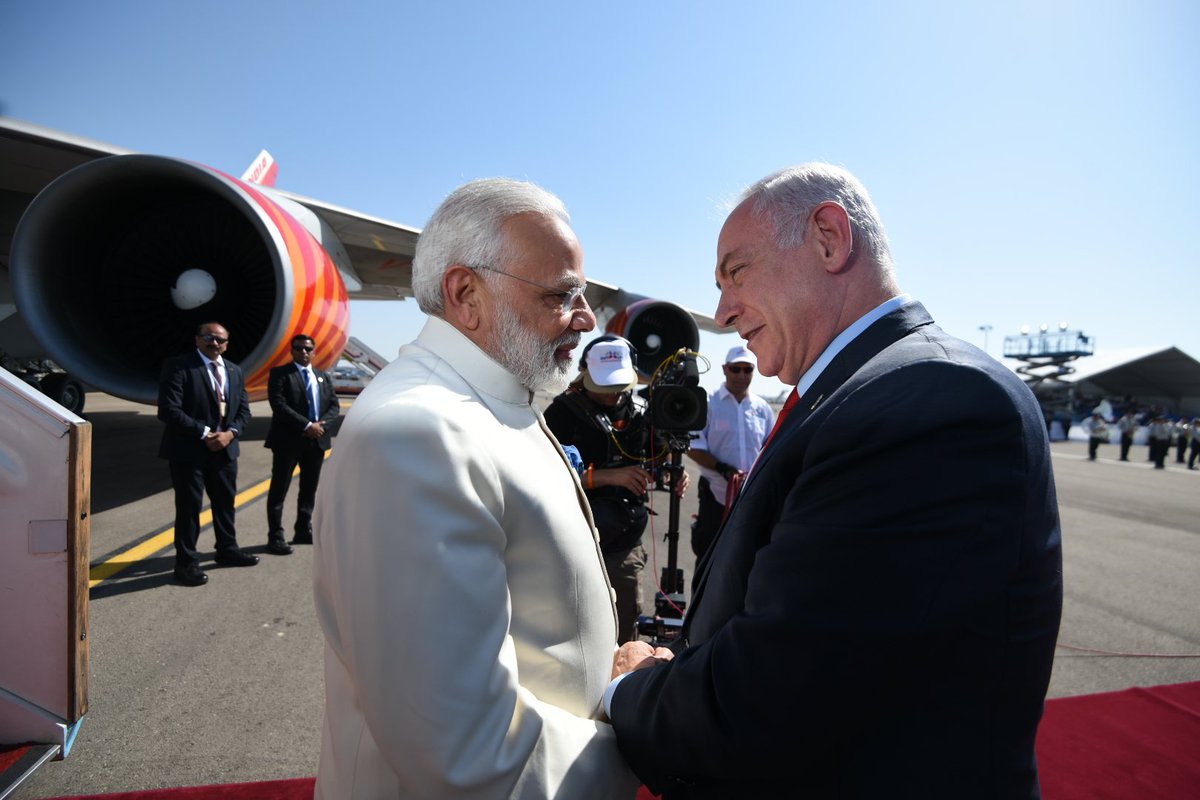The G20 summit of the world’s most powerful economies ended in the picturesque German port city of Hamburg on July 8, with a separate Leaders’ Statement on jointly tackling the rising scourge of terrorism and a joint formulation on sustaining inclusive global economic growth.
With US President Donald Trump walking out of the Paris Accord a few weeks ago, climate change became an intensely divisive issue, with Mr Trump, known for his mercurial temperament, arrayed against virtually the rest of G20 countries, making it a sort of G19-versus-US power play contest. Protracted discussions among Sherpas and officials of G20 countries went down the wire, ending in a mid-way compromise between the US and the rest on the issue of climate change.
From India’s point of view, a separate standalone joint statement on terrorism was a major takeaway, which shaped proactively by Indian negotiators. “Originally, there was a plan to have an annexe on terrorism, but India from day one argued that it should be converted into a leaders’ statement on counter-terrorism,” Dr Arvind Panagriya, India’s Sherpa for G20 and Vice-Chairman of Niti Ayog, told select journalists in Hamburg.
In his speech at the G20 summit, Prime Minister Narendra Modi presented an 11-point Action Agenda for combating terrorism, which included suggestions for exchange of lists of terrorists among G20 nations, easing and expediting of legal processes like extradition and concrete steps to choke funds and weapon supply to the terrorists. He asked world leaders to unite against terrorism and singled out Pakistan-based terror groups Lashkar-e-Taiba (LeT) and Jaish-e-Mohammad (JeM) for imperative global action. Mr Modi reminded the world community that some countries were using terror as a tool to achieve political objectives and pitched for “deterrent” action collectively by the G-20 members against such nations.
Read More









